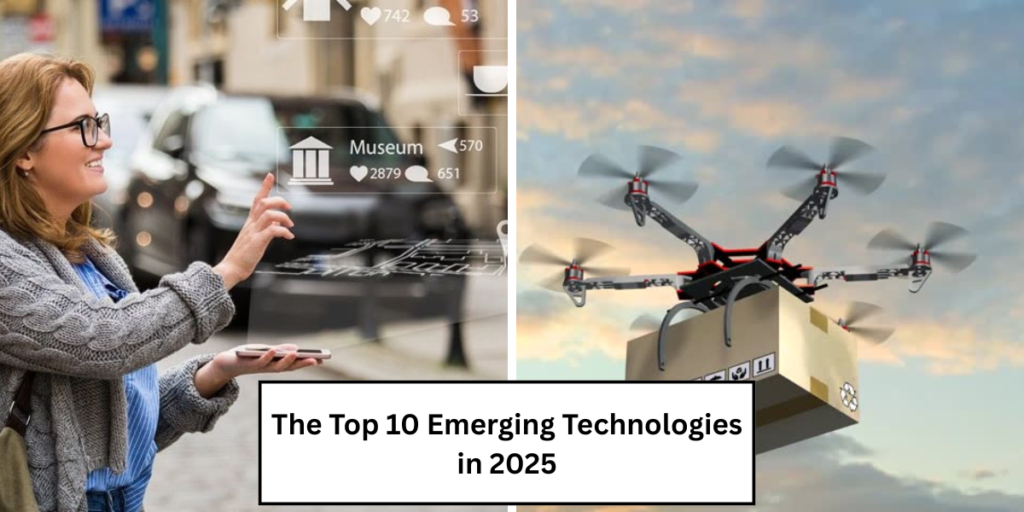More quickly than ever, technology is altering how we communicate, work, and live. A number of advances in various industries make 2025 a pivotal year. From artificial intelligence to biotechnology, innovation is accelerating. Emerging technologies are solving global challenges and opening new possibilities. They promise smarter cities, cleaner energy, and improved healthcare. Keeping up with these developments is essential for both individuals and companies. This article explores the Top 10 Emerging Technologies in 2025 that are leading the transformation.
Quantum Computing Advancements
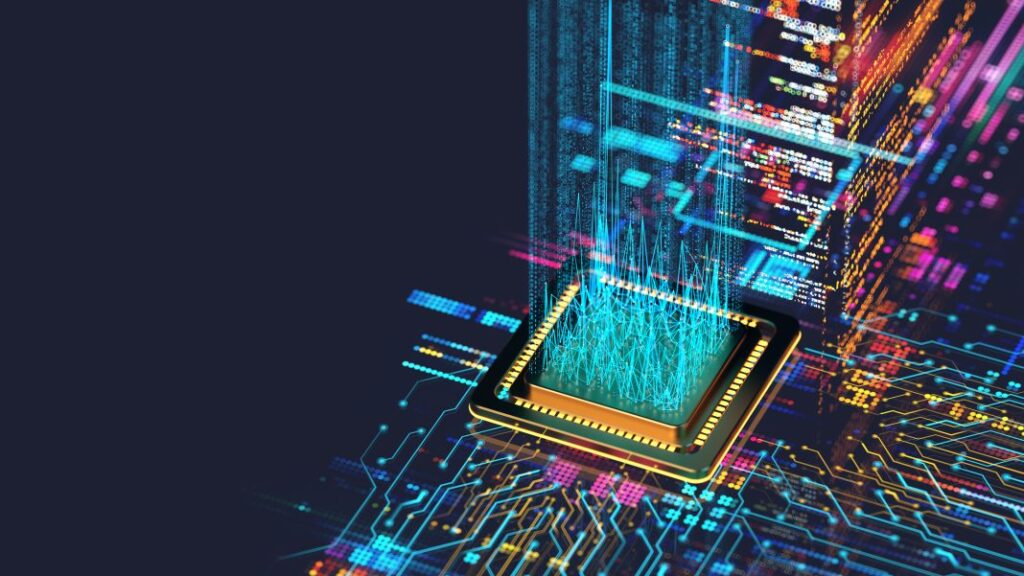
Quantum computing is evolving beyond theoretical applications in 2025. Major tech companies are achieving breakthroughs in stability and speed. Quantum bits, or qubits, now perform calculations far faster than classical bits. It is anticipated that this technology will transform both medication development and cybersecurity. Financial modeling and weather prediction are also becoming more accurate. Governments are investing heavily in quantum research initiatives. The race for quantum supremacy is reshaping the tech landscape rapidly, making it one of the Top 10 Emerging Technologies in 2025.
AI Generated Content and Creativity

AI is no longer just assisting—it’s becoming a creative partner. Tools are now generating music, art, and entire movies with minimal input. Writers use AI to co-create books and journalists automate research. AI-generated content is indistinguishable from human-made in many cases. In order to promote responsible creation, platforms incorporate ethical filters. The fusion of human and machine imagination is redefining art itself. By 2025, AI is helping creators break boundaries across media industries.
Brain Computer Interfaces (BCIs)
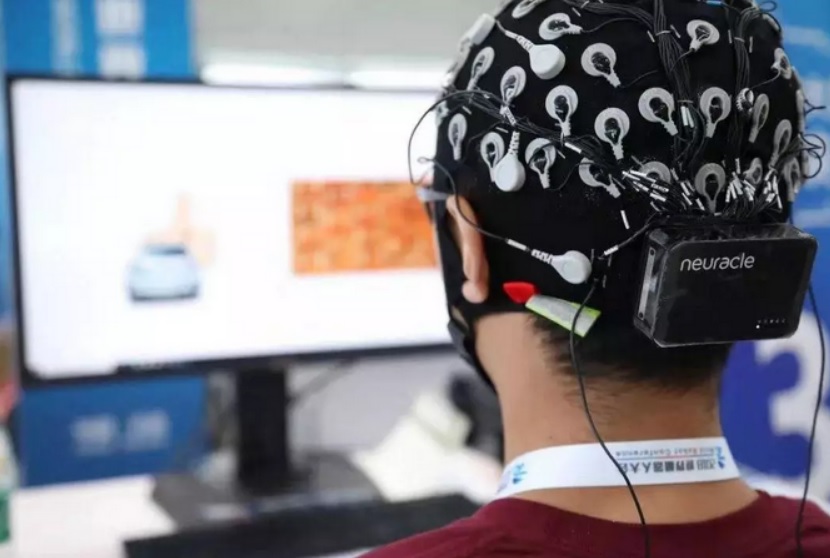
Direct communication between the brain and external equipment is made possible by BCIs. Startups and research labs are making wearable BCIs more affordable. These devices help paralyzed patients control computers or robotic limbs. Gamers are using BCIs to control gameplay with thoughts alone. BCIs also promise enhancements in learning speed and memory. Ethical debates are growing about mind-reading and data privacy. 2025 sees the beginning of true mind-machine integration.
Green Hydrogen Power
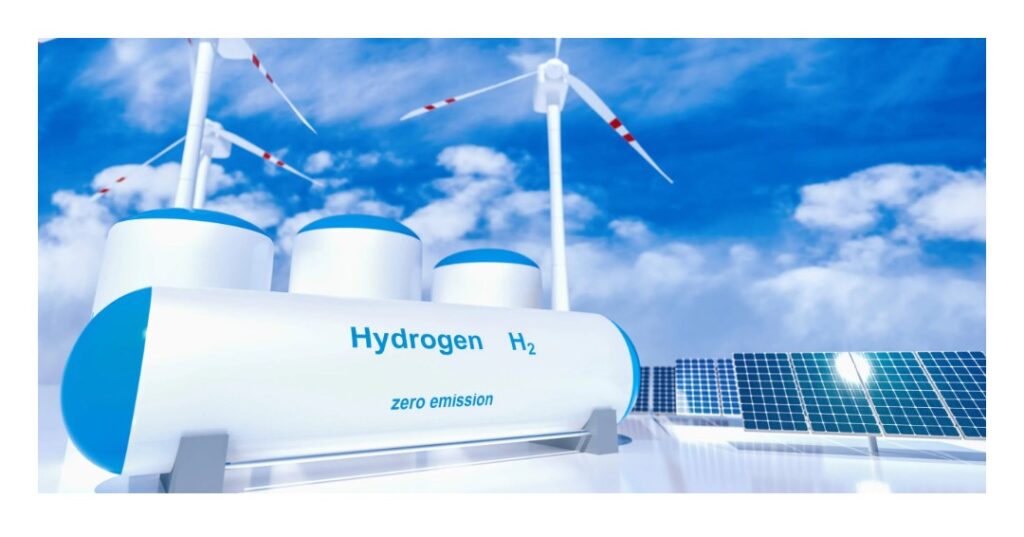
Green hydrogen is becoming more and more popular as a clean energy substitute. It is made using renewable energy and produces no carbon emissions while in use. It’s especially valuable for industries hard to electrify, like shipping. Massive investment in electrolyzer technology has cut production costs. Countries are building hydrogen corridors and fueling stations. Airlines and factories are piloting hydrogen-based power systems. Nowadays, green hydrogen is a key component of international climate policies.
Next-Gen Batteries Solid-State & Beyond
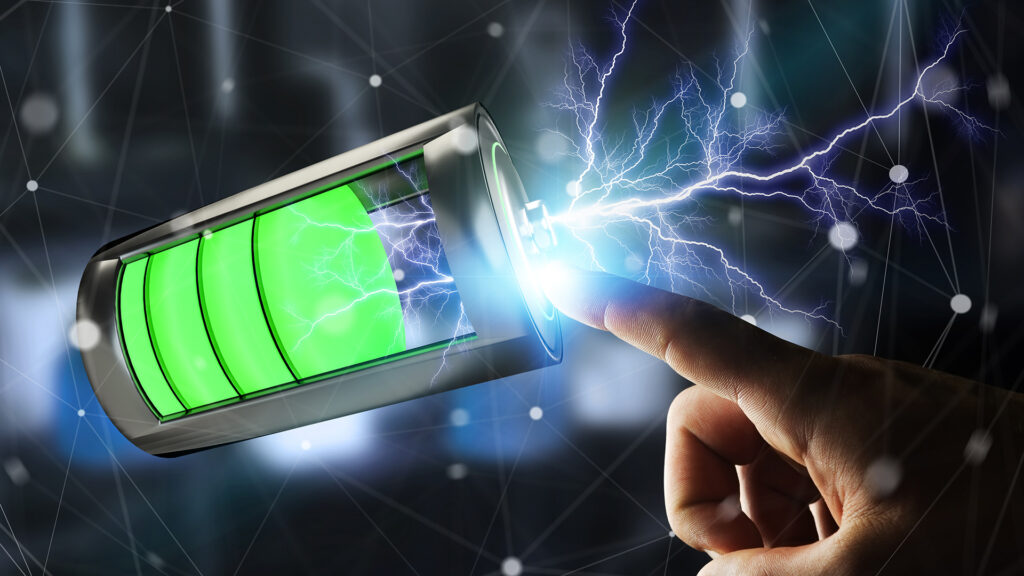
Battery innovation is moving beyond lithium-ion to solid-state cells. Solid-state batteries last longer, charge more quickly, and are safer. They offer higher energy density in a smaller footprint. Electric vehicles are benefiting from reduced charging times. Wearable devices also gain from smaller, more efficient power sources. Startups and automakers are racing to commercialize these batteries. The market for energy storage is changing by 2025 due to next-generation batteries.
3D-Printed Organs and Biotech
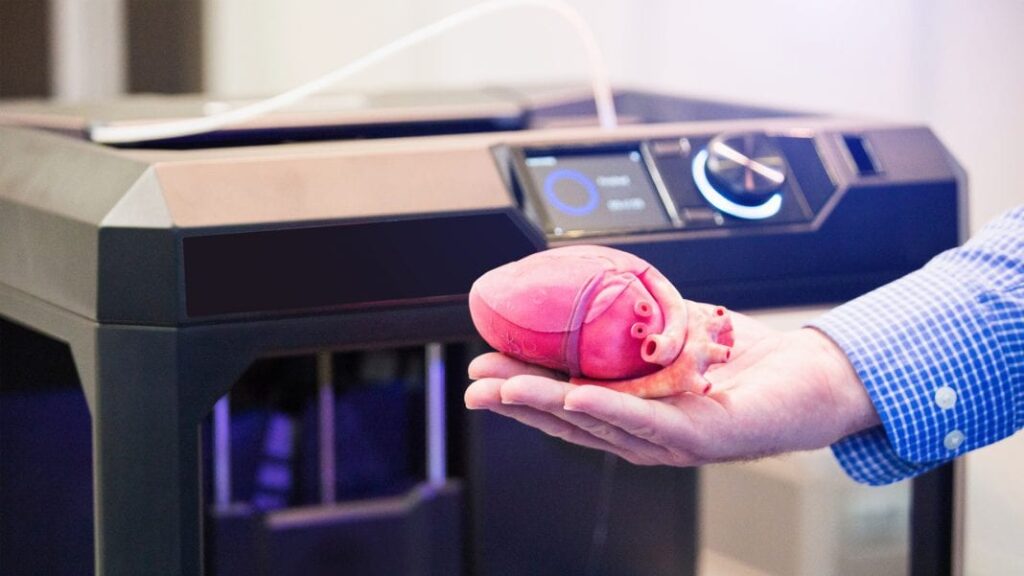
Bioprinting is producing functional human tissues with living cells. Hospitals are beginning trials of lab-grown skin, cartilage, and kidneys. 3D-printed organs reduce transplant waiting times dramatically. This tech offers hope for personalized medicine and regenerative therapy. Stem cells are used as bio-ink to grow complex tissue layers. Ethical and regulatory frameworks are being rapidly developed. By 2025, bioprinting is a lifeline for patients with organ failure.
Augmented Reality (AR) in Everyday Life

AR is now deeply embedded in daily activities, not just entertainment. Smart glasses display real-time directions, translations, and health data. Retail stores use AR mirrors for virtual try-ons and product info. Educational institutions integrate AR to make learning immersive. Workplaces use AR for remote collaboration and hands-on training. The distinction between digital and physical media is getting increasingly blurred. In 2025, AR is shaping how we see and interact with the world.
AI-Powered Drug Discovery
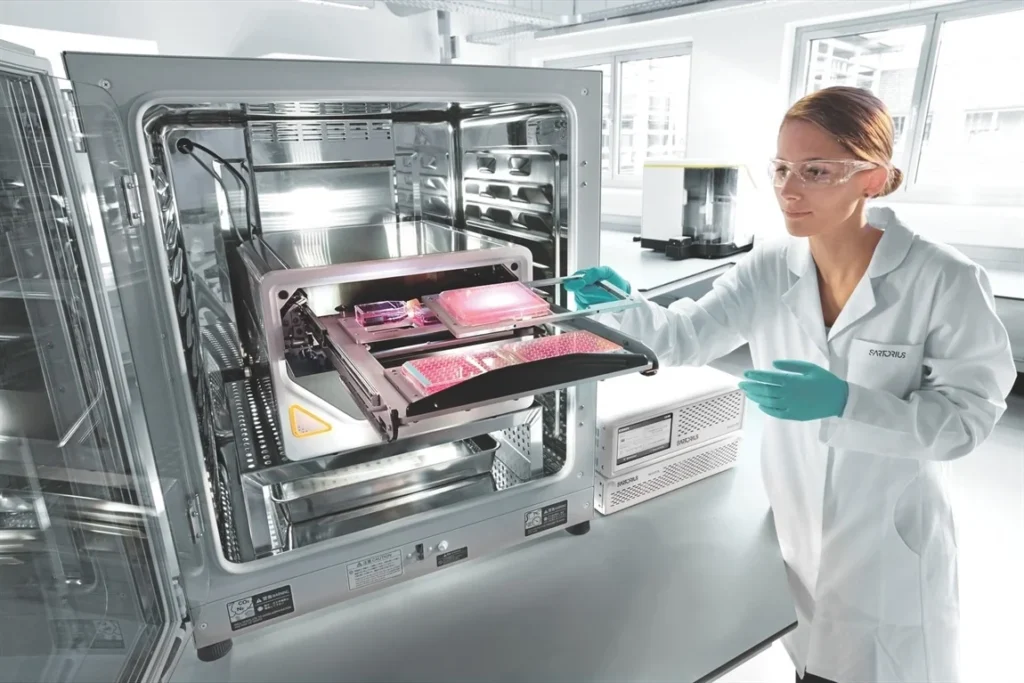
AI is transforming how new medicines are discovered and tested. Large databases are analyzed by algorithms to find possible chemicals. This drastically shortens the development timeline for new drugs. Rare diseases and pandemics are being addressed more rapidly. Pharmaceutical companies use AI to predict side effects early. It reduces the cost and risk of clinical trials. AI-driven discovery is accelerating the future of global healthcare.
Autonomous Delivery Systems
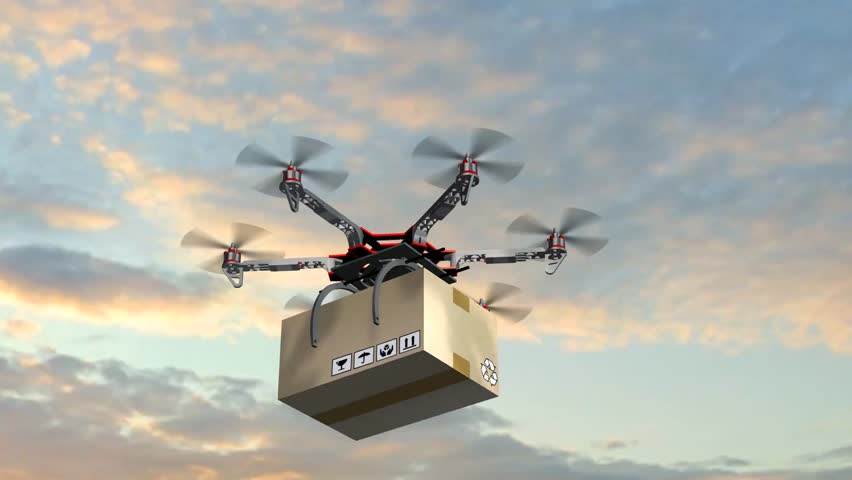
By 2025, self-driving delivery robots and drones will be commonplace. They go through intricate city streets with little assistance from humans. Groceries, medicines, and packages now arrive via automated vehicles. 5G and edge computing support real-time navigation and obstacle detection. Rural areas benefit from fast, unmanned deliveries of essentials. Eco-friendly electric bots reduce traffic and carbon emissions. Autonomous logistics are redefining convenience and urban mobility.
Digital Identity and Blockchain Verification
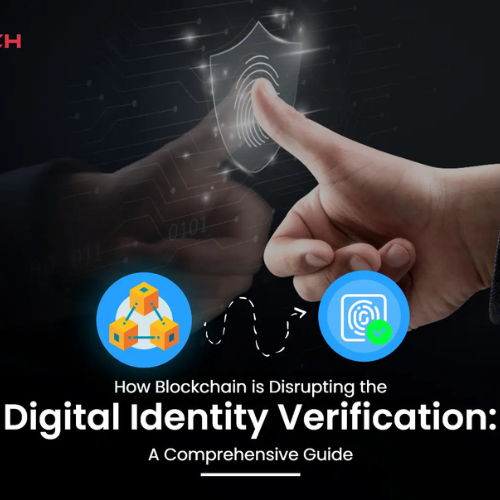
Blockchain tech now secures personal data through decentralized ID systems. Users control their digital identity without relying on central authorities. This reduces fraud in banking, healthcare, and online services. Passports, licenses, and academic records are verified in real time. Identity verification is possible with zero-knowledge proofs without disclosing private information. Governments and enterprises adopt blockchain for secure access systems. By 2025, digital ID is as essential as a physical wallet.
